
Rats are very adaptive animals and can be found in various environments throughout the world, especially in areas inhabited by humans. Here are some places where mice are often found:
Houses and Buildings: Rats often choose to live in houses, apartments, or other buildings. They look for warm, safe, and comfortable places to make nests and find food.
Basements and Attics: Basements and attics are often ideal places for mice to make nests. These two places are often poorly monitored and rarely used, providing good protection for mice.
Trash Cans and Garbage: Rats are also often found around trash cans, trash piles, and other waste dumps. They search for food in these places and can easily find shelter among the rubbish.
Fields and Gardens: Wild mice often live in fields and gardens, especially among plants and bushes. They look for food from existing plants and crop residues.
Drains and Pipes: Mice can also be found in unused drains, water pipes, and electrical lines. They use this system to move from one place to another easily.
Forests and Other Green Areas: Some species of mice live in natural environments such as forests and grasslands. They seek shelter among the grass, under tree roots, or in small holes in the ground.
Rats have the ability to adapt to various environments, both natural and artificial. They tend to seek out places that provide protection from predators and easy access to food sources.
Prevention of rat pests is important to maintain a healthy and clean environment, as well as preventing damage caused by rats. Here are some ways to prevent mouse infestation:
Maintain Cleanliness: Make sure to maintain cleanliness around the house, especially in the kitchen and dining areas. Don't leave leftover food sitting on the floor or in open trash cans, as this can become a food source for mice.
Close Food Tightly: Store human and pet food in airtight containers that are difficult for mice to open. This will prevent mice from searching for food in the kitchen or food storage areas.
Repair Cracks and Holes : Check your home regularly for cracks, holes, or gaps in walls, floors, and ceilings. Close all cracks or holes that might be an entry point for mice into your house.
Cleaning Piles of Stuff: Avoid piling up unused items around the house, especially in the garage or shed. Mice often make nests among undisturbed items.
Garden and Yard Cleaning: Keep your garden and yard clean by mowing the grass regularly, cleaning up fallen leaves, and removing piles of wood or other objects that could be hiding places for mice.
Using Traps: Place mouse traps around the house or in places where mice often pass. Mouse traps can help control the mouse population effectively.
Maintaining Gardens and Farmland : If you have a garden or farmland, make sure to clean up harvest residue and store grain or livestock food safely. Avoid placing livestock food where mice can reach it.
Using Natural Hunting Animals: Some natural hunting animals such as cats, birds of prey, or snakes can help control rat populations around the house or agricultural land.
By implementing these preventative measures regularly, you can help reduce the chance of rodent infestation and keep your environment clean and safe.
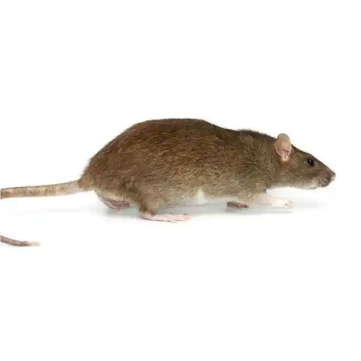
Tikus Sawah
Rattus Argentiventer
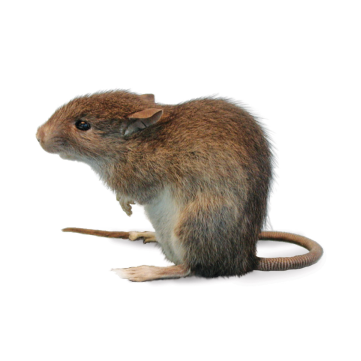
Tikus Kecil
Rattus exulans
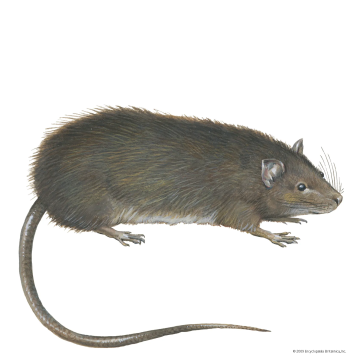
Tikus Kelabang
Bandicota Indica
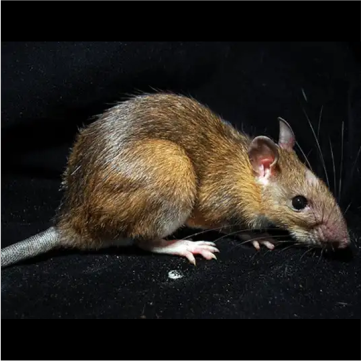
Tikus Gambut
Leopoldamys sabanus
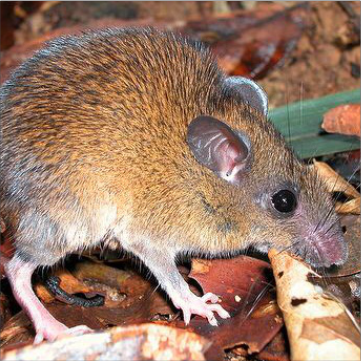
Tikus Pohon
Maxomys whitehead
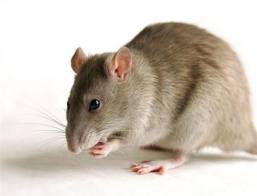
Tikus Lumpur
Rattus Palmarum